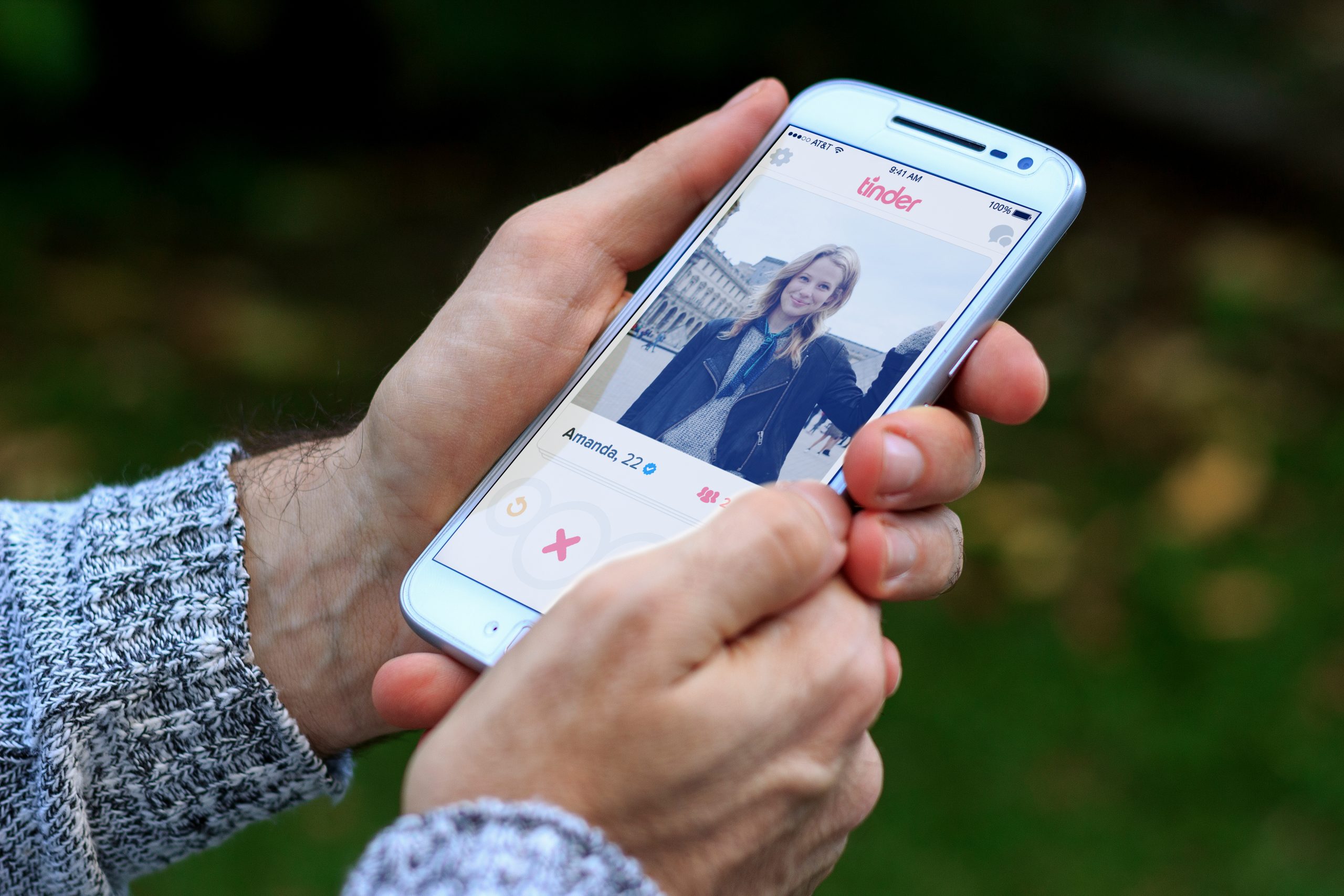Household Bills
Tinder accused of charging gay users more

Dating app Tinder is charging young gay and lesbian users and people over 30 more for its premium service, according to an investigation by Which?
The consumer champion says the findings of its survey suggest possible discrimination and a potential breach of UK law by the dating app.
Which? found that the full extent of how personalised pricing is applied is not clear on Tinder’s app – with no explanation to customers that their personal data could be exploited in this way.
Which? has reported its findings to the Equality and Human Rights Commission (EHRC) and the Information Commissioner’s Office (ICO) and called on both bodies to investigate whether there has been a breach of UK law.
Which? asked almost 200 mystery shoppers to create real profiles and make a note of prices quoted for Tinder Plus, a premium package with perks such as unlimited ‘Likes’ and ‘Rewinds’ and the ability to undo accidental selections.
The research showed some gay and lesbian users were paying more, with an average premium of more than 10% (£6.74) compared to bisexual users, and more than 8% (£5.28) compared to heterosexual users.
This trend was driven by the youngest age group. Which? found that gay and lesbian people in the 18 to 29 age bracket paid £60.15 on average. This was 37% more than heterosexual users aged under 30 (who paid £44.06 on average) and 30% more than bisexual users under 30 (£46.09).
The Equality Act 2010 makes it unlawful to charge people of one sexual orientation more than others unless there is a clear justification for this.
When it came to age, those in the 30 to 49 age bracket paid 48% more (£24 difference) and over 50s paid 46% more (£23.19 difference), on average, for a 12-month Tinder Plus subscription.
In its response, Tinder admitted that older people do have to pay more in some countries, but claimed the price difference was ‘a discount for younger users’. However, Which? found that this had not been made clear to people using the app.
Which? says it is occasionally justifiable under UK law to offer age-based price variations for the same product or service, such as discounts to over-65s or students, where it can be shown there is a legitimate basis for this. However, in this specific example, it was not clear why over-30s were paying more.
Which?’s investigation suggests that Tinder has an algorithm that is opaque and unpredictable. Across the entire mystery shopping exercise, quotes for a year’s access to Tinder Plus ranged wildly from £26.09 to £116.99, with 20 different prices quoted in total.
Which? analysed Tinder’s terms of use and privacy policy and found that users were not made aware of such vastly different pricing.
Instead, Tinder refers only to processing individuals’ data to ‘deliver and improve’ its services, and (among other things), to ‘help keep [users] safe, and provide [users] with advertising that may be of interest’.
Which? says Tinder should not be using personal data to determine what prices it charges users. If it is, users will not be providing explicit consent to this type of processing, making this a possible breach of UK data protection law.
Tinder is owned by the Texas-based Match Group, which has become the most dominant player in the dating market. Tinder made $1.4bn in global revenue in 2020.
Rocio Concha, Which? director of policy and advocacy, said: “Our research uncovered concerning evidence that people using Tinder could unknowingly be facing higher charges because of their sexual orientation and age. This suggests possible unlawful price discrimination, whether or not it is intentional on Tinder’s part, and potentially unlawful processing of personal data.
“We are calling for the EHRC and the ICO to investigate this issue further. If regulators decide that Tinder’s personalised pricing is breaking the law then the dating app giant must face strong action.”